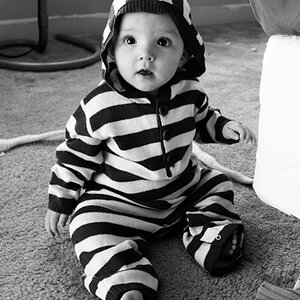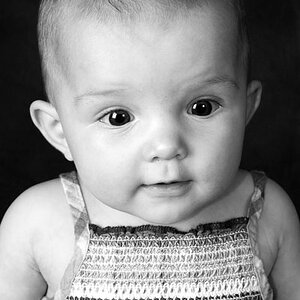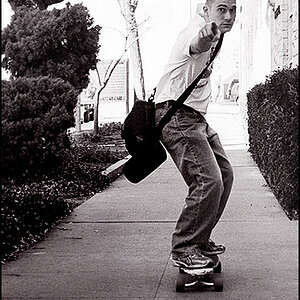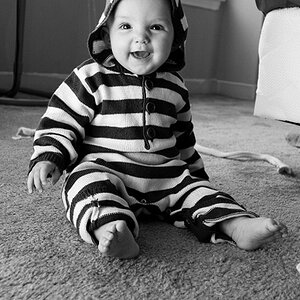ksmattfish
Now 100% DC - not as cool as I once was, but still
- Joined
- Aug 25, 2003
- Messages
- 7,019
- Reaction score
- 36
- Location
- Lawrence, KS
- Website
- www.henrypeach.com
- Can others edit my Photos
- Photos NOT OK to edit
The majority of older film cameras are worthless and resigned to the trash heap too, particularly those marketed towards amateurs. Certain brands and models remain popular and retain value, but there are loads of fully functional film cameras on Ebay that won't even sell for $5. I collect old cameras, and my collection contains many 60s, 70s, and 80s Nikons, Canons, Pentaxs, etc... yet there are models by those manufacturers from that time period that I wouldn't waste the shelf space on even if they were given to me for free.
A Nikon F is a classic; a Nikon EM or N60 is a whole lot less exciting.
A Nikon F is a classic; a Nikon EM or N60 is a whole lot less exciting.














